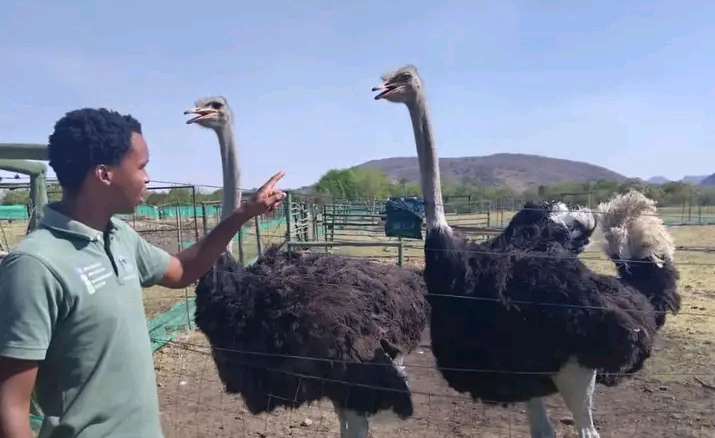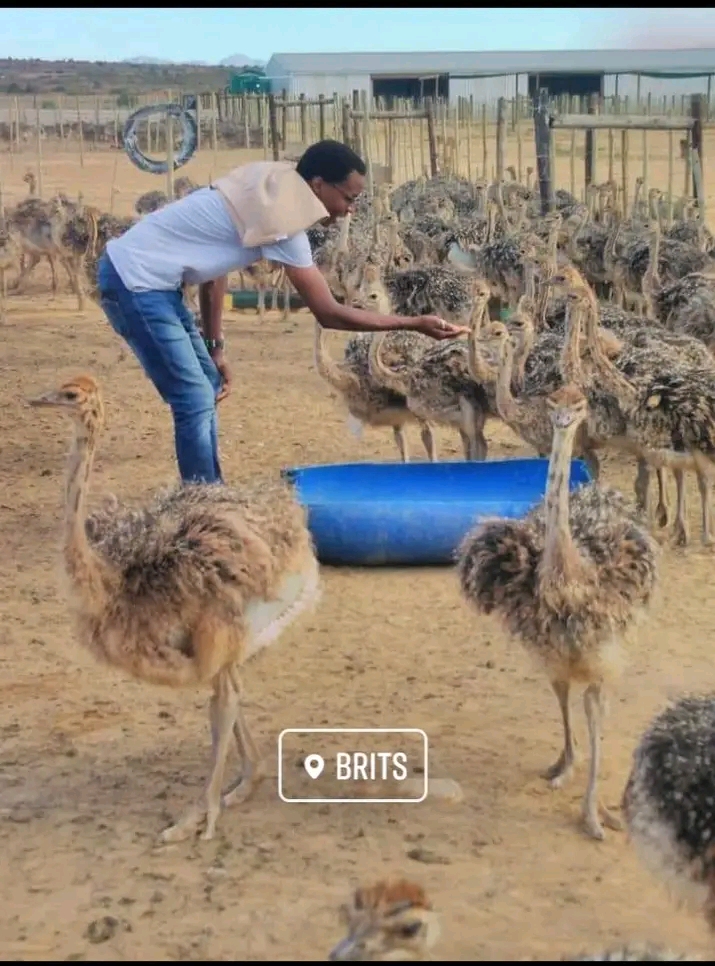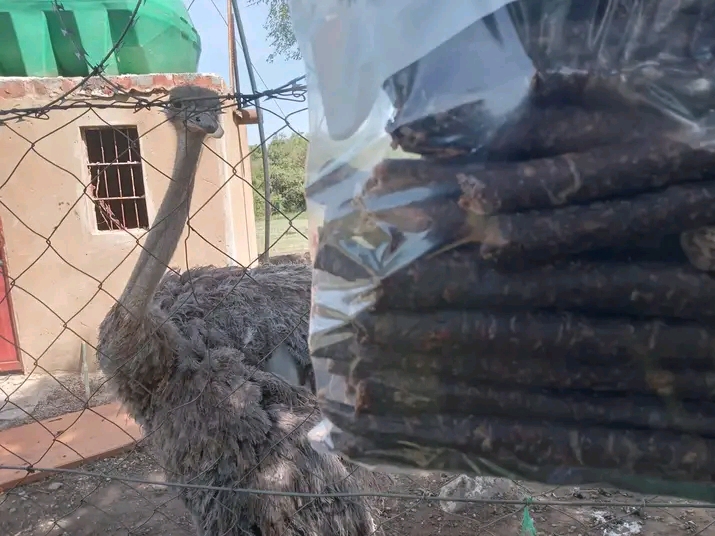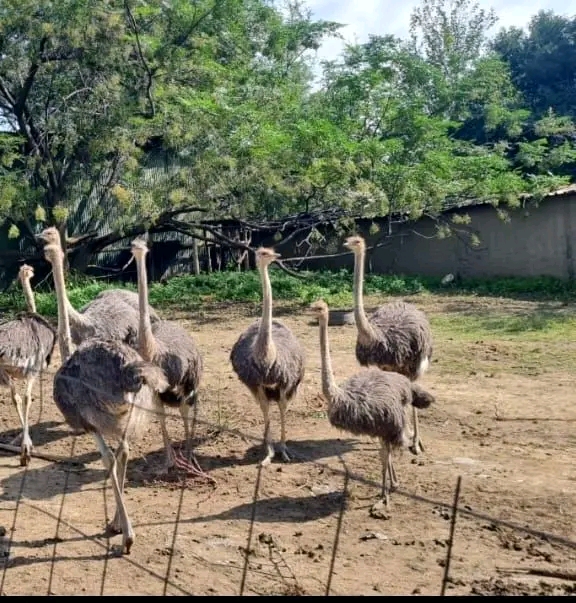How Kabelo Lekalakala Built PITSO Ostrich Farm into a Trusted Meat Supplier

How Kabelo Lekalakala Built PITSO Ostrich Farm into a Trusted Meat Supplier. Kabelo Lekalakala’s journey into ostrich farming wasn’t scripted in textbooks or business plans. It was a vision shaped by long drives past open farms and a deep desire to be part of the agricultural landscape. Today, PITSO Ostrich Farm in Brits, North West, is a testament to what focused learning, resilience and strategic growth can achieve.
What started with a few chicks in a garage has grown into a thriving operation that supplies leading retailers like Woolworths, Checkers, Boxer, and local butcheries. For aspiring entrepreneurs, Kabelo’s path offers not just inspiration but also actionable lessons on turning humble beginnings into sustainable ventures.
The inspiration behind PITSO Ostrich Farm
Kabelo’s fascination with farming took root early. After completing his matric, he pursued a BTech in Business Administration, which he completed in 2013. But even during his studies, the call to farming remained constant.
The turning point came in August 2017 when he moved to Oudtshoorn in the Western Cape, often referred to as the ostrich capital of the world. Employed in the industry, Kabelo immersed himself in every part of the ostrich value chain, from breeding and raising the birds to slaughter, leather processing, and crafting decorative items from feathers and eggshells.

Laying the groundwork with hands-on learning
This hands-on experience gave Kabelo a 360-degree view of what ostrich farming entailed. More importantly, it highlighted the market gaps and opportunities, equipping him with the insights to start something of his own.
By January 2018, he made a bold move: launching PITSO Ostrich Farm in his hometown of Brits. With no sprawling land or fancy facilities, Kabelo started with what he had, buying 17-day-old ostrich chicks from his former employer and raising them at home.
Starting small, scaling smart
The early days of PITSO Ostrich Farm were anything but glamorous. The chicks were initially kept in the garage. As they grew, Kabelo built a small 4m x 3m shelter with a roof to protect them at night and let them roam during the day.
It was a strategic move, not waiting for perfect conditions but adapting and growing with each phase. Eventually, he sold his personal car and invested in a 7-hectare farm already fitted with the infrastructure needed for ostrich breeding.

Securing market access and growth
One of Kabelo’s most impressive moves was securing contracts with major retailers. The ability to supply consistent, high-quality ostrich meat to Woolworths, Checkers, and Boxer didn’t happen by accident. It came from combining product quality with a deep understanding of supply chain demands, quality assurance, and reliability.
His success underscores the importance of mastering the full production pipeline. He wasn’t just selling a product, he was offering consistent value to large businesses that operate with strict standards.
Challenges and key lessons
Farming, especially ostrich farming, is not without its hurdles. High upfront costs, disease management, and navigating food safety regulations are just some of the challenges Kabelo faced. But his experience reveals a key entrepreneurial lesson: deep industry knowledge is a powerful competitive advantage.
By thoroughly understanding every part of the process and continuing to learn even while operating, Kabelo positioned himself not just as a farmer, but as a valuable partner in the supply chain.

Innovative thinking and community impact
Beyond production, Kabelo has created local employment opportunities and inspired others through PITSO Ostrich Farm’s story. His use of platforms like Facebook and WhatsApp to share updates and stay connected with customers and prospects demonstrates the role of digital engagement in modern agribusiness.
He didn’t rely on traditional advertising. Instead, Kabelo built his brand through storytelling, trust, and visible progress.
What aspiring entrepreneurs can learn
Kabelo Lekalakala’s journey highlights key takeaways for anyone starting a business, especially in underrepresented industries:
- Start with what you have: Begin small and grow intelligently.
- Learn the business from the inside out: Be a student of the craft before trying to lead.
- Invest in quality: Whether it’s infrastructure or product standards, don’t cut corners.
- Build strong supply chains: Relationships with retailers can become the backbone of your brand.
- Use digital tools wisely: Social media and WhatsApp can be powerful for outreach and customer communication.

The road ahead
With PITSO Ostrich Farm now established as a reliable supplier, the future looks promising. Kabelo’s story proves that with grit, learning, and purpose-driven action, it’s possible to build something significant even without massive initial capital.
Aspiring farmers and entrepreneurs would do well to study not just his success, but his process, because behind every chick that hatched and every sale that closed, there was a lesson in commitment and a belief that even the smallest start is worth betting on.




